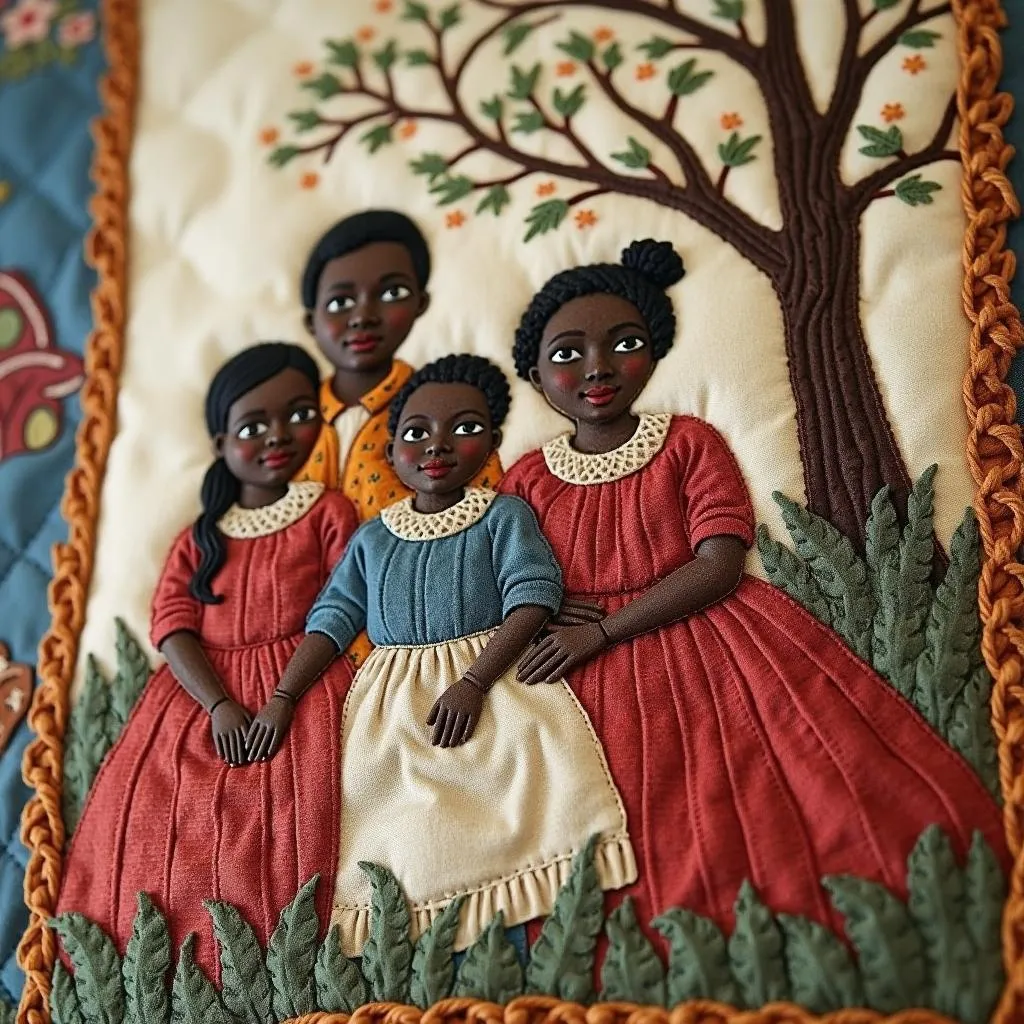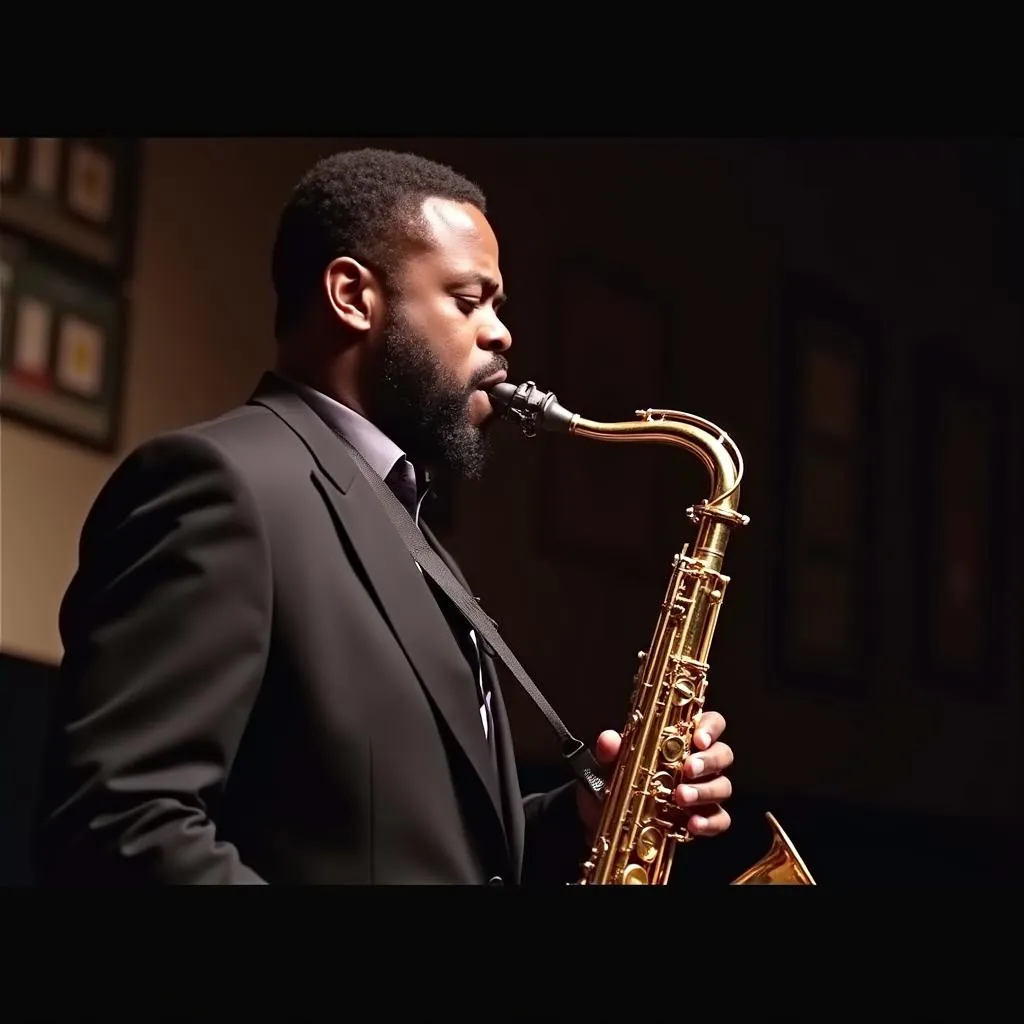Unveiling History: Exploring African American Artifacts
African American Artifacts serve as powerful testaments to the rich history, resilience, and cultural heritage of African Americans. These tangible objects transcend time, offering glimpses into the lives, struggles, and triumphs of a people whose story has often been marginalized or overlooked. From everyday items to iconic symbols, African American artifacts hold profound meaning and provide a unique lens through which to understand the African American experience.
The Significance of African American Artifacts
African American artifacts encompass a wide range of objects, each carrying its own story and significance. These artifacts can include:
- Personal Belongings: Clothing, jewelry, tools, and letters that offer intimate insights into the daily lives of individuals.
- Artistic Creations: Paintings, sculptures, quilts, and musical instruments that showcase the creative brilliance and cultural expression of African Americans.
- Documents and Records: Books, diaries, photographs, and legal documents that provide valuable historical documentation and perspectives.
- Objects of Resistance: Weapons, protest signs, and items related to the fight for freedom and equality.
- Religious and Spiritual Objects: Items used in traditional African American religious practices, reflecting the importance of spirituality and faith.
 Antique Quilt with African American Family Depiction
Antique Quilt with African American Family Depiction
From Slavery to Freedom: Artifacts of Resilience
The period of slavery left an indelible mark on African American history and culture, and artifacts from this era tell poignant stories of survival and resistance.
- Slave Ship Manifests: Documents listing the names and origins of enslaved Africans transported across the Atlantic, shedding light on the horrors of the transatlantic slave trade.
- Iron Shackles and Collars: Stark reminders of the brutal system of slavery and the dehumanization endured by enslaved Africans.
- Quilts with Hidden Messages: Quilts crafted by enslaved people often contained coded messages and symbols, serving as a form of communication and resistance.
 Black and White Photograph of a Civil Rights March
Black and White Photograph of a Civil Rights March
The Civil Rights Era: Artifacts of the Fight for Equality
The Civil Rights Movement was a pivotal period in American history, and African American artifacts from this era capture the struggle for equality and justice.
- Protest Signs and Banners: Powerful visual representations of the movement’s demands, often bearing slogans like “Equal Rights Now” and “Black Lives Matter.”
- Freedom Riders’ Bus: A restored bus that was used by Freedom Riders, activists who rode interstate buses in the South to challenge segregation.
- Letters from the Birmingham Jail: A collection of letters written by Dr. Martin Luther King Jr. while imprisoned for his activism, articulating the principles of nonviolent resistance.
Celebrating African American Culture: Artifacts of Identity
Beyond the struggles, African American artifacts also celebrate the rich cultural heritage and artistic achievements of African Americans.
- Harlem Renaissance Art: Paintings, sculptures, and literature from this cultural movement of the 1920s and 1930s, which celebrated Black identity and creativity.
- Jazz Instruments: From the trumpet to the saxophone, jazz instruments played a central role in the development of this uniquely American musical genre.
- Traditional Clothing and Textiles: Vibrant fabrics, intricate beadwork, and elaborate hairstyles reflect the diversity and beauty of African American cultural traditions.
 African American Jazz Musician Playing the Saxophone
African American Jazz Musician Playing the Saxophone
Preserving and Interpreting African American Artifacts
African American artifacts are vital to understanding the complexities of American history and the ongoing struggle for racial justice. Preserving and interpreting these artifacts is crucial for ensuring that future generations can learn from the past and build a more inclusive future.
Museums, historical societies, and cultural institutions play a crucial role in preserving and exhibiting African American artifacts. They provide a platform for these objects to be displayed, studied, and appreciated by the public.
Conclusion
African American artifacts are more than just objects; they are tangible connections to the past, present, and future. They offer a glimpse into the lives, experiences, and contributions of African Americans, enriching our understanding of American history and culture. By preserving, studying, and sharing these artifacts, we honor the legacy of those who came before us and inspire future generations to continue the fight for equality and justice.
FAQ
1. Where can I find African American artifacts near me?
Many museums and historical societies across the United States have collections of African American artifacts. You can search online for museums in your area that specialize in African American history or have significant African American collections.
2. How can I donate African American artifacts to a museum?
If you have an artifact that you believe may be of historical significance, you should contact a local museum or historical society. They can assess the artifact and determine if it is appropriate for their collection.
3. What are some of the most famous African American artifacts?
Some of the most famous African American artifacts include the Emancipation Proclamation, Harriet Tubman’s shawl, and the Freedom Riders’ bus.
4. How can I learn more about the history of African American artifacts?
There are many books, articles, and websites that provide information about the history of African American artifacts. You can also visit museums and historical societies to learn more.
5. Why is it important to preserve African American artifacts?
African American artifacts are an important part of American history and culture. They help us to understand the experiences of African Americans and to appreciate their contributions to our society.
For further assistance, please contact us at:
Phone: +255768904061
Email: kaka.mag@gmail.com
Address: Mbarali DC Mawindi, Kangaga, Tanzania
We have a 24/7 customer support team available to assist you.



